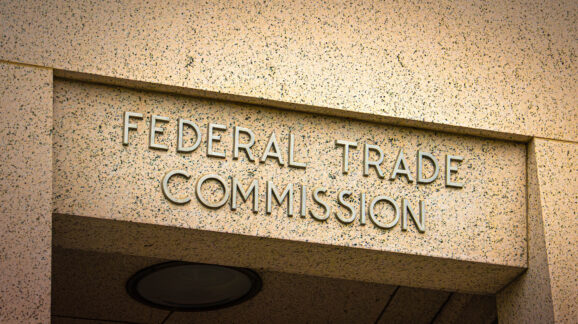Is the Federal Trade Commission Serious about Premerger Notification?
The 1976 Hart–Scott–Rodino (HSR) Antitrust Improvements Act requires certain firms that are pursuing a merger to submit a Premerger Notification and Report Form, also called an HSR Form, to the Federal Trade Commission and the Justice Department’s Antitrust Division so they can investigate whether the merger would violate antitrust law. FTC officials claim the information reported on the current form is insufficient for this purpose and have proposed changes to the form and its instructions. They say the new requirements would create a more effective and efficient screening for anticompetitive transactions.
There is no reason to believe the proposed changes would accomplish this. Instead, they would impose unnecessary compliance costs on the least troubling transactions, with little to no improvement in the agencies’ ability to screen for anticompetitive mergers.
The proposed rulemaking comes on the heels of last year’s highly anticipated release of new Draft Merger Guidelines, which were finalized this past December. As guidelines, they are not rules and thus not enforceable, but they will function as guidance for businesses and courts. The guidelines signal a pivotal shift in the chief antitrust enforcers’ priorities, though it remains to be seen if the courts will ultimately follow them.
The HSR Form rules, on the other hand, will be enforceable and would dramatically increase the volume of documents and data to be submitted by parties seeking to merge. The FTC estimates that the burden per filer will quadruple from the current 37 hours per filing to 144 hours under the changes, resulting in an additional $350 million in labor costs. Several law firms contend the burden would be much higher. Further, the FTC’s estimates fail to consider the costs of delaying transactions or abandoning them altogether.
Read the full article on Cato Institute.
